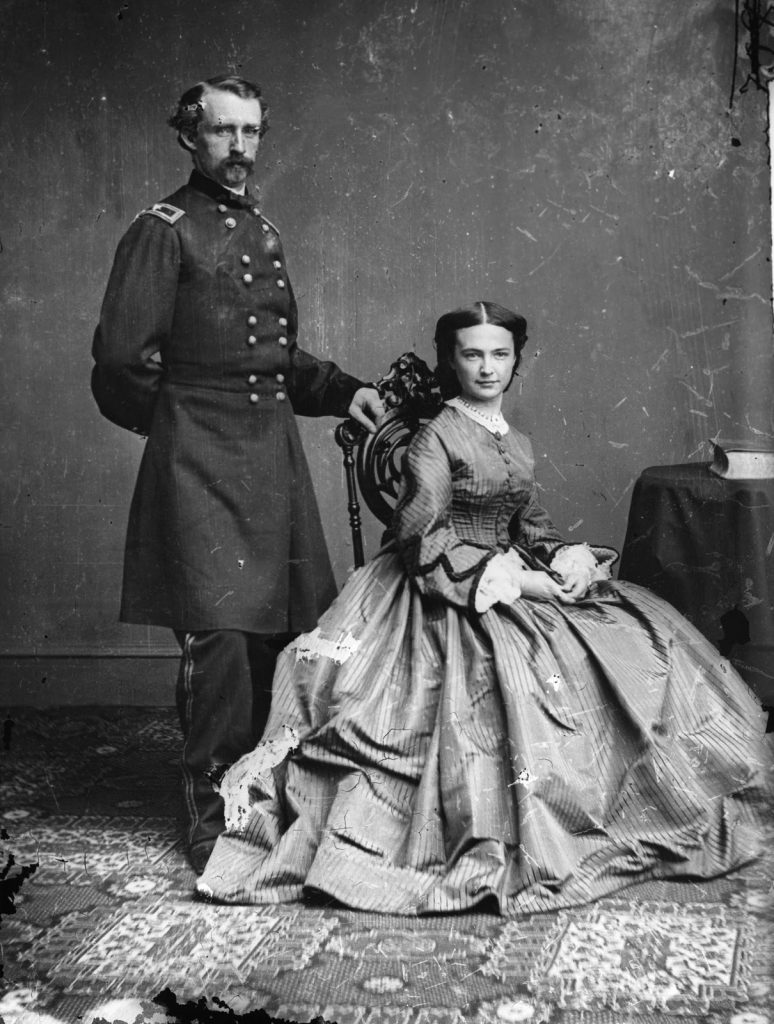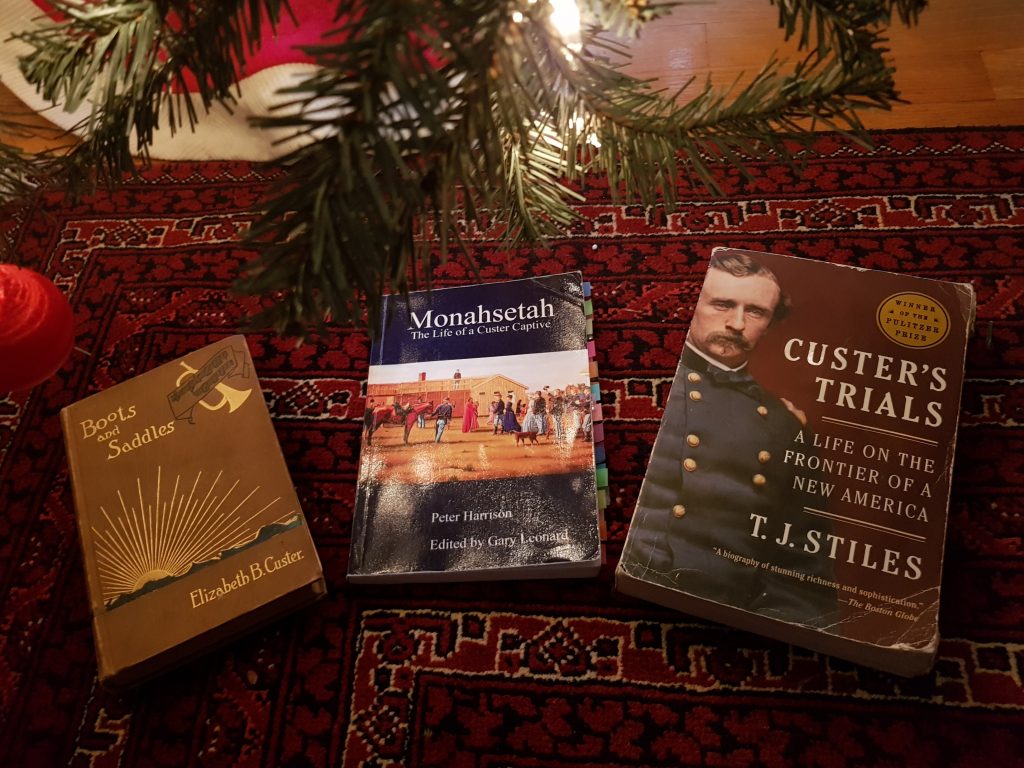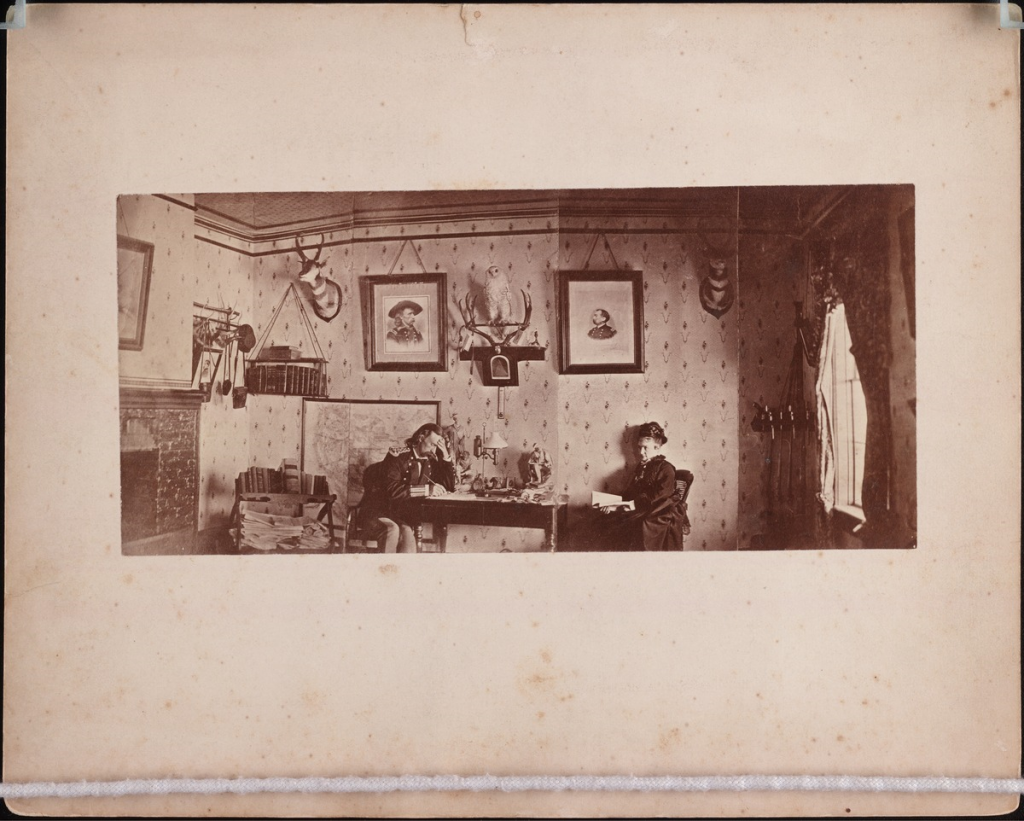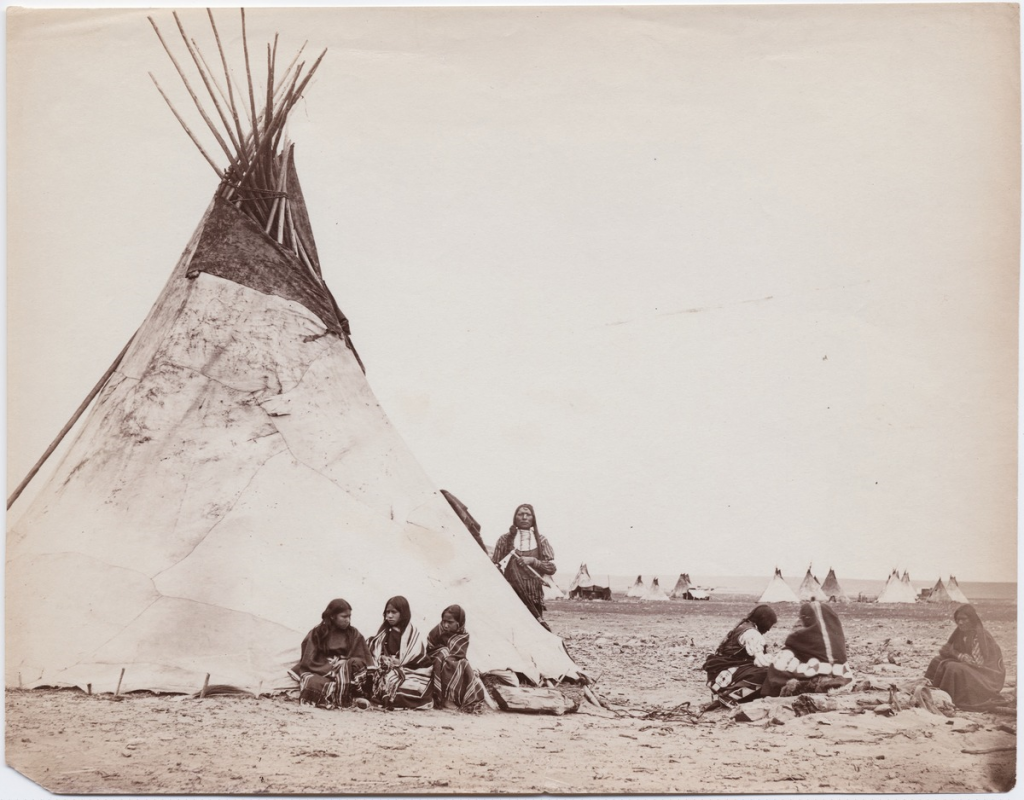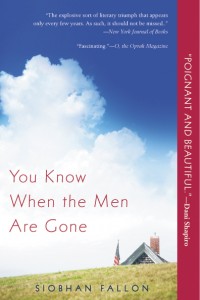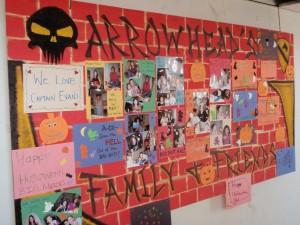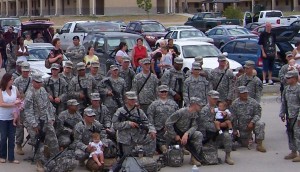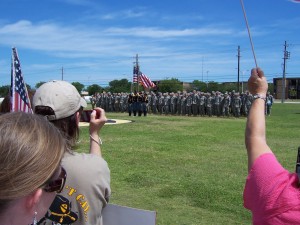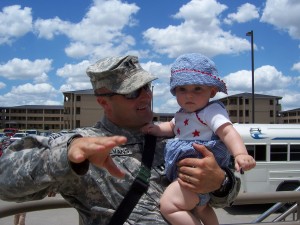 (This blog originally ran in a slightly different version on the MilSpoFineArtsNetwork blog on Friday, February 22)
(This blog originally ran in a slightly different version on the MilSpoFineArtsNetwork blog on Friday, February 22)
1. We hear that you went to the JAIPUR LITERARY FESTIVAL in India. Was this a work trip? How did you get involved? What was it like? Give us all the details.
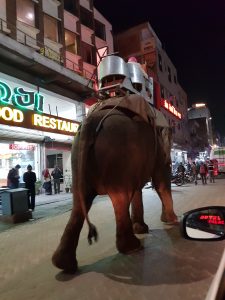
Oh, this was pure fun! I have a friend here in the UAE who had been to the Jaipur Lit Fest in the past and kept asking me to go with her. This being my last year in Abu Dhabi and therefore the last time I would be just a quick jaunt from India, I finally said yes. And it was tremendous. I usually attend these sorts of events as part of my job—meaning I am there to be a part of a panel, to do a book reading, or in some way promote my own writing. So it was lovely to attend as a book lover, to be in the audience instead of on stage, to soak it all up without feeling the pressure to perform or be charming. I was amazed by the thousands of attendees– standing room only! Readings were held in a palace! It was incredible to see how revered writing is in India.
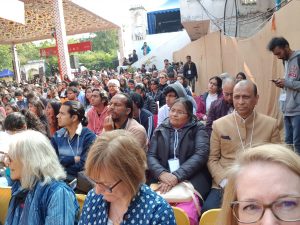
I had never been to India before, so that was an entire adventure of its own—seeing tourist sites, eating great food, exploring the textiles and art, soaking up the kindness and generosity of the people.
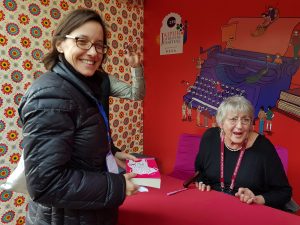
Christine chatting with a feisty Germane Gree
My traveling companion, Christine, has the heart of a backpacker, so we did everything on a budget. As in we shared a fifteen-dollar-a-night hotel room, slept in the same full-sized bed together, used bottled water to wash our faces and brush our teeth. This made me feel like a college kid with a Euro-rail pass.
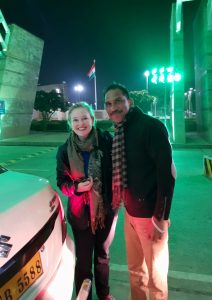
*Our great driver & tour guide, Moin (rajasthanexpert.com)
It also made me grateful for all that I have. The young man who worked at our hotel had a small futon mattress he’d roll out each night and sleep on, right there in the freezing, tiny lobby. While America certainly has its issues, a couple of days spent in India reminded me of how much I take for granted every single day.
2. We hear that you are moving back to the states this summer. How are you preparing for this transition?
Ah, yes, the great big, bad, move. We’ve been in Abu Dhabi for almost six years. Which is the longest we have every been anywhere as a family. Which is crazy. I have two daughters, ages eleven and six. Almost all of their memories involve life in Abu Dhabi. Their tender little American roots are actually Abu Dhabi roots—friends, school, their very idea of ‘home’ is this Arabian Gulf country. Of course, we have family in the states, cousins and aunts and uncles and grandparents that my girls adore, but our day to day life is here. My youngest will randomly burst into tears and beg us to stay. So that’s stressing us all out a little.

My daughters at the Louvre, Abu Dhabi. I know they will fearlessly jump into life at our next post. It’s the momma who is having difficulty with the latest leap…
We recently learned we are headed to Tampa, Florida, which is a completely new place for us. And while I’m excited to be back in the USA myself, I’m not looking forward to starting life from scratch. The housing, schools and dentists, the grocery stores and dance studios, the meeting and making of new friends. Finding an art, or, even better, a writing community of some kind. You all know what I’m taking about. Even after all of our military moves, I have a very fixed idea of ‘home:’ for me, it’s Highland Falls, a small town in Upstate New York where I was raised and where most of my immediate family still resides. I have always wanted to get back to that home, or at least get close.
It will be comforting to be in the same time zone as my parents and siblings, but I wish I still didn’t have to board a plane to see them. I know, I know, this is our military life. Frankly, after fifteen years of it, I’m tired. But I have a few more months to start excited. “Selling” a new life to the girls will make me see the opportunities too. And the more I learn about Tampa, the more people who tell me about their own fabulous Tampa experiences, the more excited I get.
3. Do you have a plan for continuing to write while in transition? What is it?
Ouch. I haven’t thought that far ahead. I’m always trying to find more time to write, even under the best circumstances. And my very busy husband kindly tries to give me few hours each weekend to steal away and get work done. But I’m already seeing my writing schedule deteriorate as I try to figure out the move (actually, as my husband and I try to untangle the paperwork hell of getting our three cats out of the UAE. We’re talking four veterinarian appointments just this week alone).

Abu Dhabi
Writing, fortunately, is something I have been able to take with me and do almost anywhere. So I imagine I’ll be continue jotting down notes from airplanes and gas stations, and during the never-ending vet appointments. During the move, I might not be able to do my best work; I know I’ll be distracted and time will be fragmented, but it is still work. The words will accumulate, and that’s what a writer must do, write. When I am settled and have hours and hours ahead of me, I’ll fine-tune and rewrite and transform those words into something more than ink.

Research on the walls of my office…
I entered 2019 with the optimistic new year’s resolution of “writing every day.” I’m in the early stage of a new novel, still doing a great deal of research, so even if the day is completely overwhelmed by kid activities or the usual mayhem life loves to throw at us all, if I delve into research, if I rework just a couple of pages of my work-in-progress, that counts as writing, and keeps me connected to the work. Even if it just means carrying one of my research books around with me (like when I attended the mass held by Pope Francis recently in Abu Dhabi. We had to get to the stadium hours in advance and, of course, I had one of my Libbie Custer memoirs in my bag. So when I waited an hour to use the restroom? I was reading. I was working! HA! Win/win, thank you Pope Francis!)
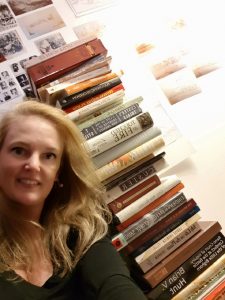
I never go anywhere– kid dance class, to see the Pope, horseback riding– without one these books in my bag.
This habit has helped keep the work alive for me day in and day out, from that particular moment in 1800’s history so different than my own, to the sound of my character’s voices. I recommend all of you out there who are writing to do the same, as best as you can, dip into the work in some way every single day, small or large, and you will see the difference.
4. What’s next for you?
I’m throwing myself completely into this new novel. My first book, the collection of short stories, You Know When the Men Are Gone, is set in Fort Hood Texas during the deployment of an infantry brigade, circa 2006. I started writing it while living at Fort Hood, in between my husband’s deployments, and I tried to capture the different sort of experiences military families, both deployed soldiers and milspouses at home, were having. My novel, The Confusion of Languages, is set in the U.S embassy community in Amman, Jordan, during the Arab Spring, circa 2011. I started writing Confusion when we lived in Jordan, and finished it while we were living in Abu Dhabi. So again I was inspired by the present day world around me.
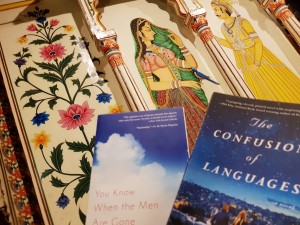
But my new novel is something very different. At least for me. It’s historical fiction, set in 1879, and it examines the fall out of the Battle of the Little Big Horn. Most of us vaguely remember that General Custer and two hundred of his men met their deaths at the hands of the largest gathering of American Plains Indians ever seen. But what surprised me was the military world of the Seventh Cavalry, stationed at Fort Lincoln, in Indian Territory. The officers had been together for years, yet there were these strange and bitter factions among them. And then there are the wives, from learned and pampered families back east, suddenly thrust into drafty, ill-made housing (hmm, that’s not necessary so different from today ;), who wait for weeks for a newspaper from “the states,” who put lead shot in the hems of their skirts to keep them from flying into their faces on windy days, who don’t see fresh produce for months at a time, who face drought, grasshopper plagues, prairie fires, Native American attacks.
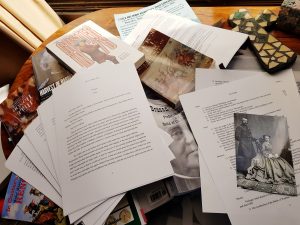
My office desk– Marie Kondo, stay away!
For me, most fascinating of all is Libbie Custer, George Armstrong’s widow. She was this feisty little thing who was determined to justify her husband’s military career and get to the bottom of what really happened at the Battle of the Little Big Horn. She wrote articles and memoirs, collaborated on an autobiography of her husband, even helped instigate a military tribunal with the hopes it would decide that officers under Custer had disobeyed his orders, and it was their cowardice that led to the massacre. She is one heck of a military spouse. She was also a huge supporter of the arts—she had wanted to be an artist/fashioner designer until she met her ‘boy general’ during the Civil War, she wrote both fiction and non-fiction, and spent chunks of each year living in an artist colony in Upstate NY.

In death, as in life, Libbie wanted to be seen only in the shadow of her husband. But I know there is a lot more to her. General & Mrs. Custer’s graves at West Point Cemetery, NY
I had never heard of Libbie, her tenacity and dedication (she remained unmarried until her own death fifty-seven years after Custer’s). I never would have even imagined the likes of this military tribunal, or the intrigue and back-biting of the officers in the Seventh Calvary. This paired with the injustices the United States government was meting out to the Native American populations, and the entire chapter in our nation’s history just blows me away. Not to mention it is pretty amazing material for a novel!
So while I say that this is different material for me to work with, it does match up with themes I tend to write about. I like to explore life in small, insular military communities (like Fort Hood for my first book, embassy life abroad in my second, and life on a military outpost in the 1800s for my latest). The sometimes fraught dynamic between husbands and wives, friends and enemies. So there are familiar reverberations.
5. Is there anything else that you would like to share with the readers?
Yes! Thank you for reading this! Thank you for every ‘like’ or ‘click’ or ‘share’ on behalf of myself and every other military spouse artist. It’s hard for us to have community since we move so often, and therefore all of this virtual support is so very, very important for us.
You guys are the best!
(* And if you are planning a trip to Jaipur, please contact Moin at rajasthanexpert.com, he is the loveliest, most trust-worthy guide and driver you could possibly find.)
Website at: www.siobhanfallon.com
Facebook at: www.facebook.com/SiobhanFallonAuthor
Twitter at : www.twitter.com/SiobhanMFallon
Insta at: www.instagram.com/siobhanfallonwriter/
The original blog can be found here:
Catching Up with Siobhan Fallon
